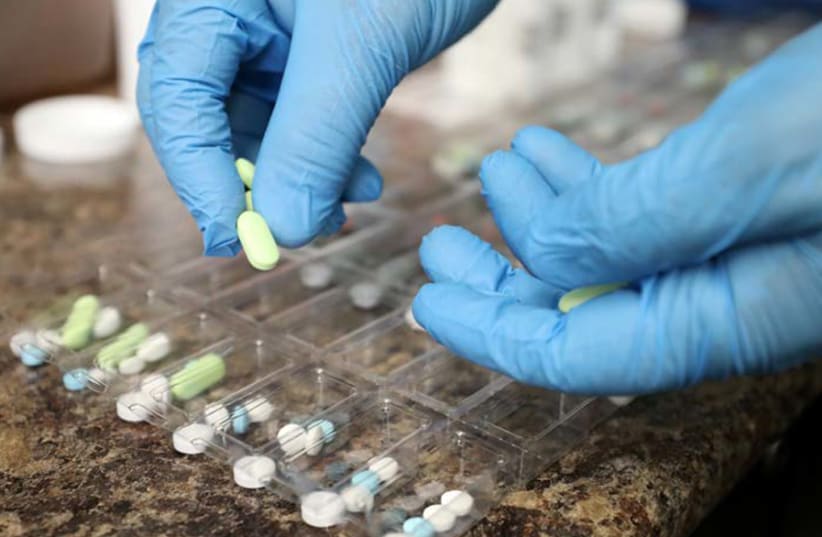Israel’s health basket includes a range of subsidized medical services, drugs, equipment and devices for permanent residents of the State of Israel.
The drug was filed for consideration to be added to the health basket by Rafa Laboratories.
Eosinophilic esophagitis is underdiagnosed in Israel and around the world because patients are sometimes mistakenly diagnosed with reflux, meaning that the health system does not have exact data on the number of patients suffering from the illness. However, about one in 5,000 Israelis is estimated to suffer from the disease, according to a press release by Rafa.
The chronic disease causes the accumulation of eosinophils, a type of white blood cell, which work to eliminate infections in the immune system. The accumulation in the gastrointestinal tract is caused as a response to food, allergens or acid reflux and can cause irreversible damage to esophageal tissue.
Environmental and genetic factors can lead to the development of the disease in people of all ages, genders and ethnicities. Some families have an inherited tendency to contract the disease. Those suffering from eosinophilic esophagitis sometimes also suffer from other issues such as asthma, atopic dermatitis or food allergies.
Symptoms include recurrent heartburn that does not respond to treatment, difficulty swallowing, difficulty in transferring food to the stomach, abdominal and chest pain, diarrhea and weight loss.
Treatment of eosinophilic esophagitis can include pharmacological treatment, nutritional treatment or both. The drug treatment used until recently included a proton-pump inhibitor (PPI) which inhibits gastric acid secretion or a gel containing a steroid taken orally.
Recently, a dedicated drug was developed to treat the disease containing the same steroid used previously. The drug has already been approved for use in Israel.
